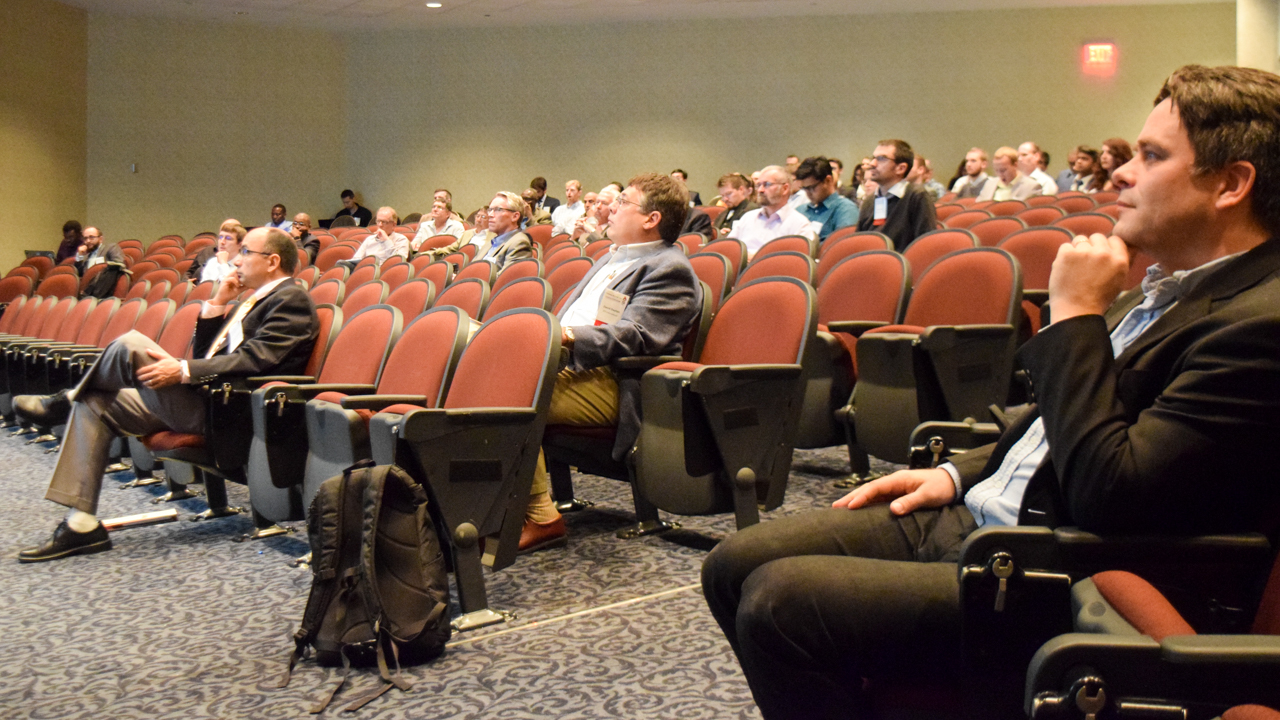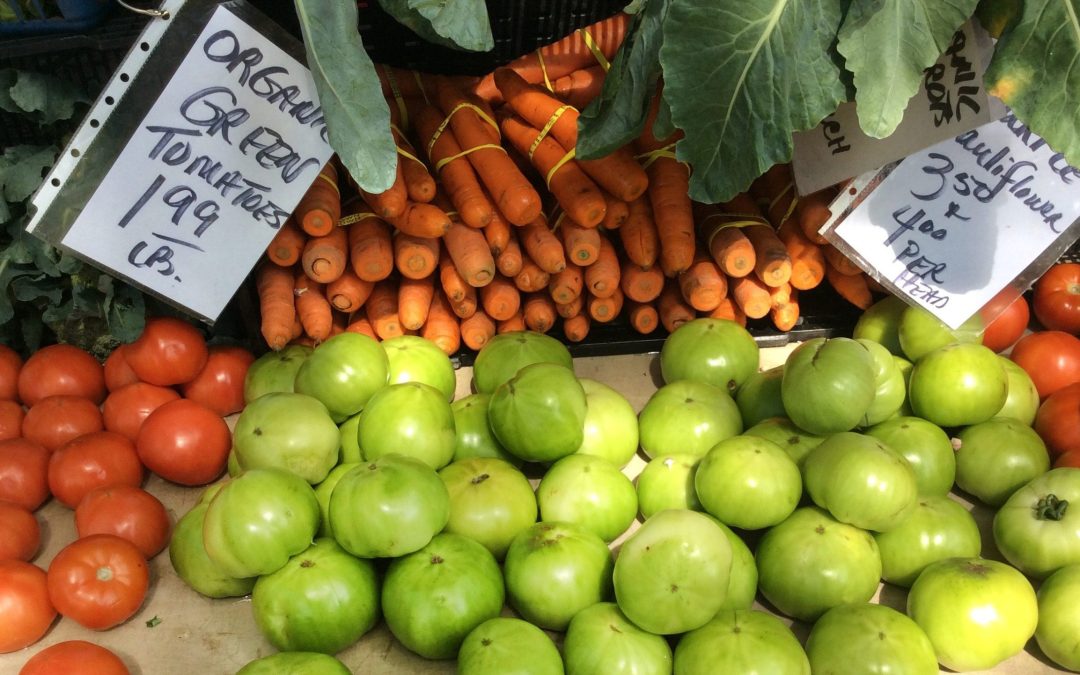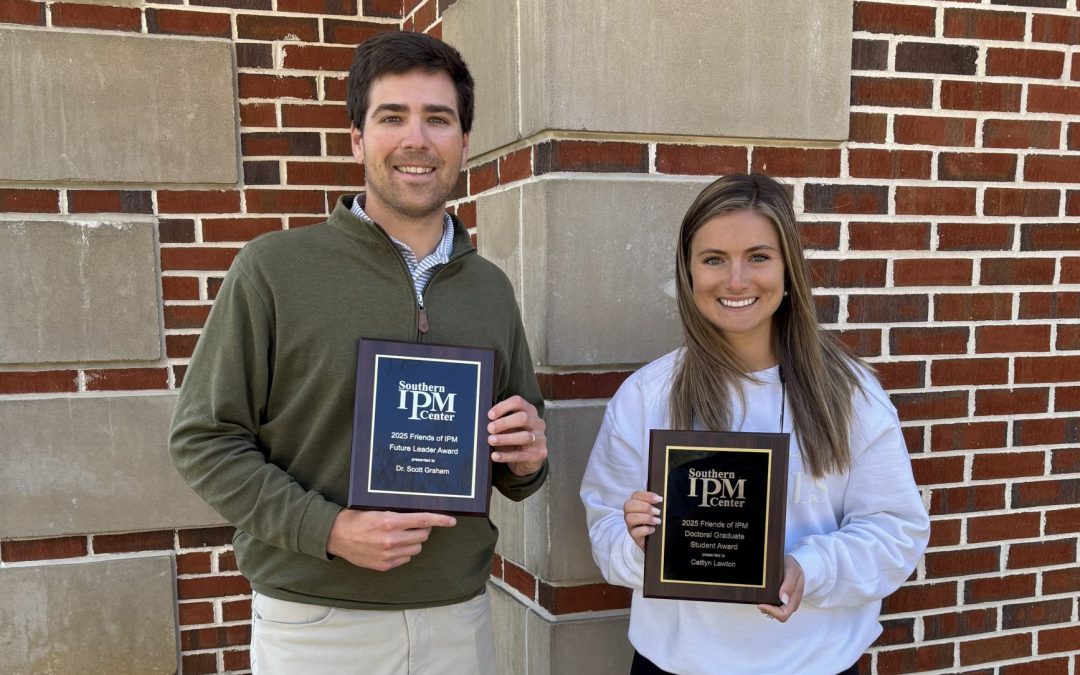By Maggie Smith / Oct 2, 2018 2:28:13 PM
News
A University of California, Berkeley, economist will discuss the risks versus the benefits of genetically modifying foods and crops when he presents the Fall 2018 E.T. York Distinguished Lecture Monday, Oct. 22, at 4 p.m. on the Auburn University campus.
David Zilberman, agriculture and resource economics professor and chair at UC Berkeley, will deliver his lecture, “The economics of GMOs and the potential of CRISPR,” in the Goodwin Room of the Auburn Alumni Center. His presentation is sponsored by the Auburn College of Agriculture’s E.T. York Distinguished Lecturer Series.
Zilberman joined the Berkeley faculty in 1979 after completing his doctorate there. He has expertise in agricultural and environmental policy; the economics of innovation, risk and marketing; water and the economy; and biotechnology. He received his bachelor’s degree in economics and statistics from Tel Aviv University, Israel.
The Zilberman lecture is free and open to the Auburn campus and community. For more information, contact Megan Ross at mhr0001@auburn.edu or 334-844-3201.
Learn more about the York lecturer series at agriculture.auburn.edu/yorklecture.
The acronym GMO refers to genetically modified organism; CRISPR is an advanced technological tool used in genome editing.





